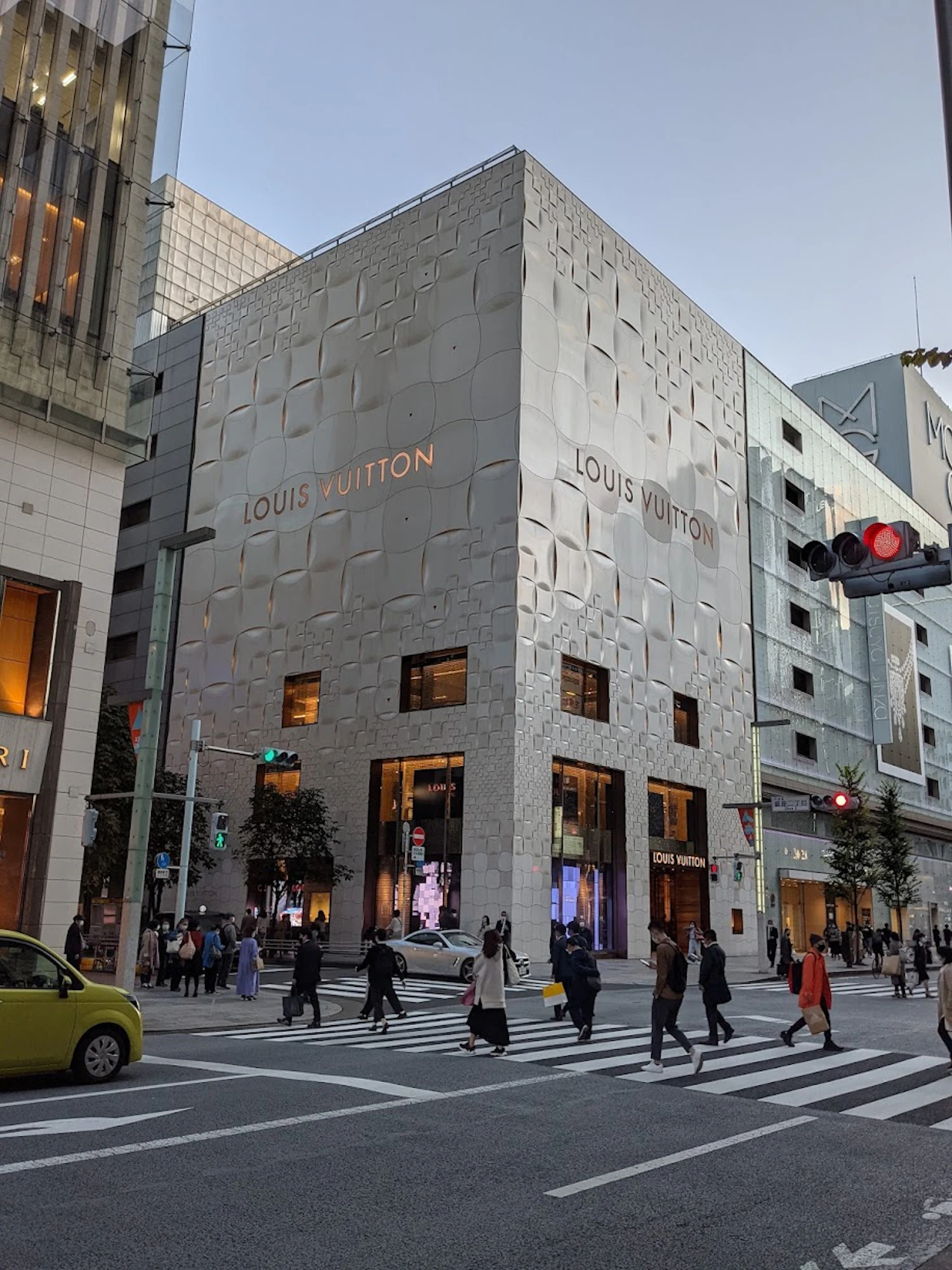12.29MON
Is "Luxury" Alone Not Enough? Dream-Making Marketing in the Luxury Industry (Pierre-Yves Donzé)

Many people might admire celebrities and influencers who wear high-end watches and haute couture from luxury brands. Surely, you've thought at least once about wanting to own the same items someday.
But pause for a moment. When you compare your watch with a high-end watch, do they tell time differently? The same goes for clothes; if you remove the brand tag, would you still recognize it as a luxury brand?
So, why do we still yearn for luxury brands?
We spoke to Professor Pierre-Yves Donzé from Osaka University about the marketing strategies and allure of the luxury industry.
PROFILE

Pierre-Yves Donzé
Professor at the Graduate School of Economics, Osaka University. Born in Switzerland, he graduated from Neuchâtel University with a PhD in human sciences (history). After serving as an associate professor at the Hakubi Center at Kyoto University, he became an associate professor at Osaka University’s Graduate School of Economics in 2015, and has held his current position since 2016. His specialty is global business history, and he has published numerous papers and books on the watch industry, luxury, and fashion. His latest publication is "ラグジュアリー産業―急成長の秘密―" (2022, Yuhikaku Publishing Co., Ltd.). Website: https://sites.google.com/view/donze/home
The Much-Admired Luxury Industry
First, could you tell us about your past research?
I study business history, analyzing corporate activities over long spans of 50 to 100 years.Specializing in the luxury industry, I focus on understanding the organizations that run these brands, how companies globalize, and their brand portfolios.
My first research was on the Swatch Group. This company offers a wide range of brands, from affordable options to high-end watches like Breguet. I was very curious about the advantages of owning multiple brands.
This article is for members only.
Please register to read the rest of the article.
What you can do with a membership
- Read members-only articles
and use text-to-speech. - Unlimited article favourites
and browsing history. - Attend members-only events.
- Get the latest information
with our email newsletter.
CONCEPT VIDEO
"fashion tech news" Unveils New Logo & Concept Video
TOP ARTICLES
RELATED ARTICLES
CONCEPT VIDEO
"fashion tech news" Unveils New Logo & Concept Video
CONTACT
If you have any questions or enquiries, please enter your details in the form below.
















.png?w=400&fm=webp)

